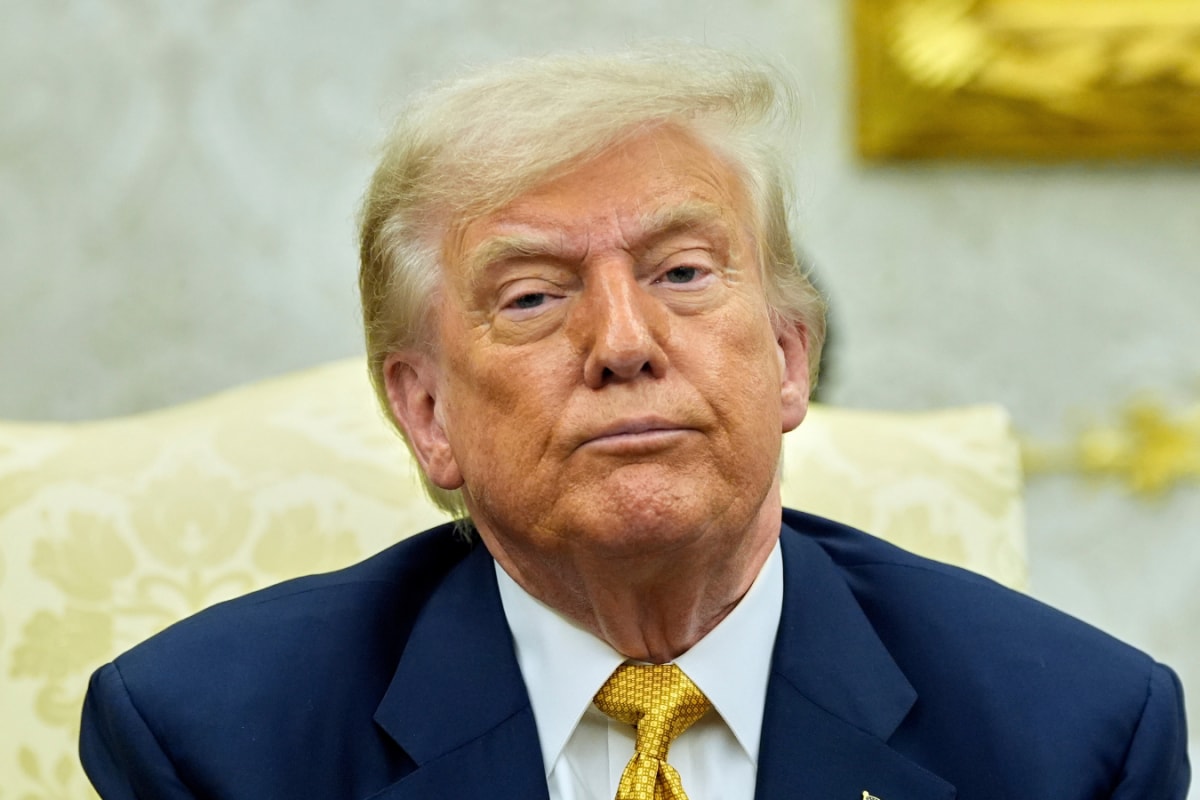

In recent developments, President Trump's administration has escalated trade tensions with India, imposing a steep 50% tariff on Indian goods. This move, which adds a 25% levy to an existing 25% tariff, is a consequence of India's continued import of Russian oil despite US sanctions. The US President cited national security concerns as the primary reason for this increase, a justification India has deemed "unfair, unjustified, and unreasonable".
Impact on US Manufacturers
While the Trump administration aims to bolster the US economy through tariffs, many observers fear that these measures could backfire, hurting American manufacturers and consumers. Tariffs, essentially taxes on imports, increase the cost of raw materials and components sourced from overseas, thereby raising production costs for US manufacturers. This can lead to several adverse consequences:
The Tax Foundation estimates that Trump's tariffs could reduce US GDP. The Penn Wharton Budget Model projects that Trump's tariffs will reduce long-run GDP and wages. A middle-income household could face a significant lifetime loss.
India's Stance and Potential Repercussions
India has strongly condemned the increased tariffs, asserting its right to pursue its energy security interests. The Ministry of External Affairs has stated that India will take "all actions necessary to protect its national interests". This firm stance suggests that India is unlikely to back down easily, setting the stage for a potentially protracted trade dispute.
If India stands its ground and refuses to concede to US pressure, the consequences could be far-reaching:
Trump's Potential Retreat
Some observers believe that President Trump may eventually back down from his aggressive tariff policies if India stands firm. Trump's history suggests a willingness to use tariffs as a negotiating tactic, and he has, in the past, relented when faced with strong opposition from trading partners. Several factors could influence such a decision:
Conclusion
President Trump's tariffs on Indian goods pose a significant challenge to US manufacturers and could potentially harm the broader US economy. India's firm response suggests that it is unwilling to compromise its energy security interests, raising the prospect of a prolonged trade dispute. Whether President Trump will ultimately back down remains to be seen, but the outcome will likely depend on the extent of the economic damage caused by the tariffs and the level of resistance from both domestic and international actors.